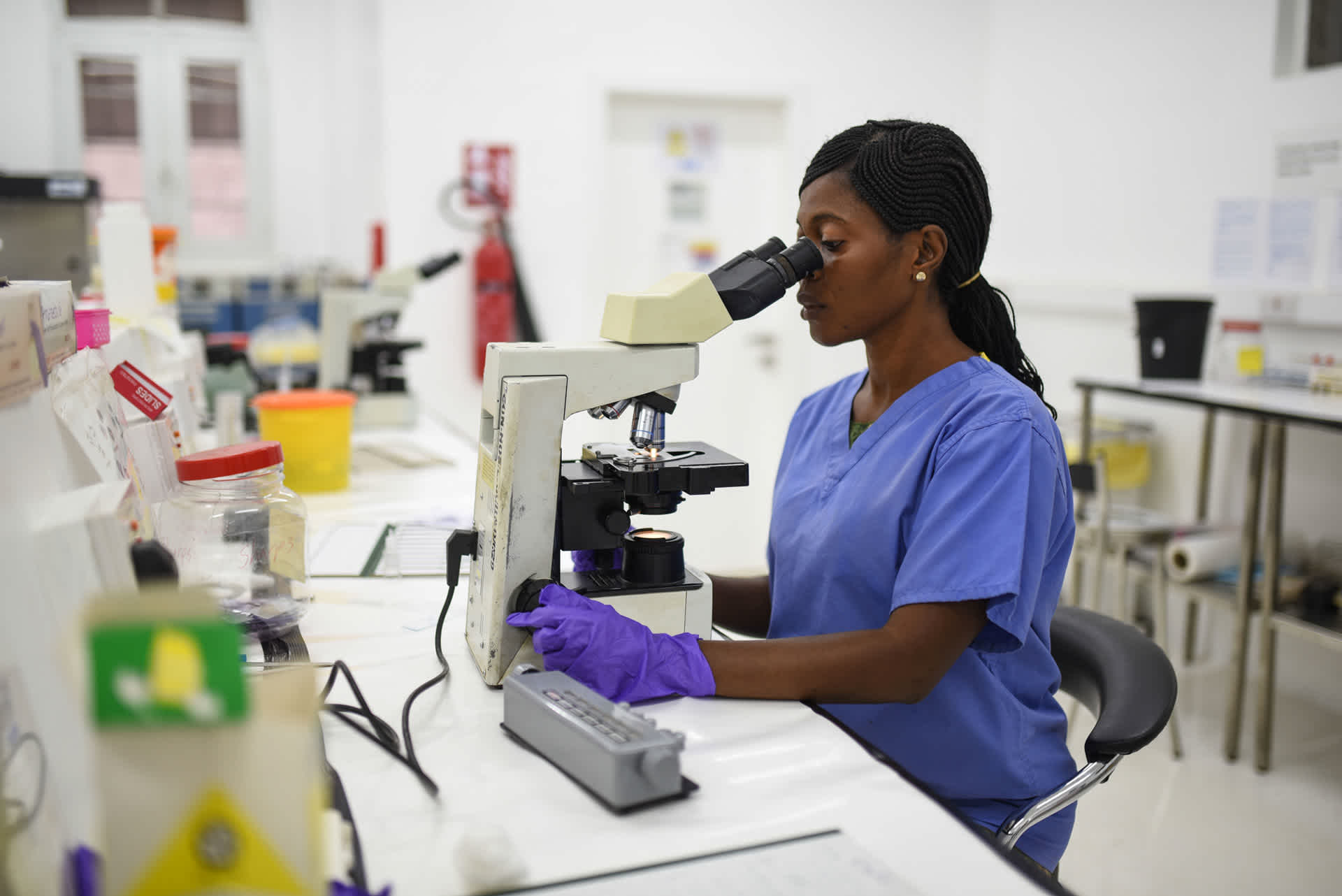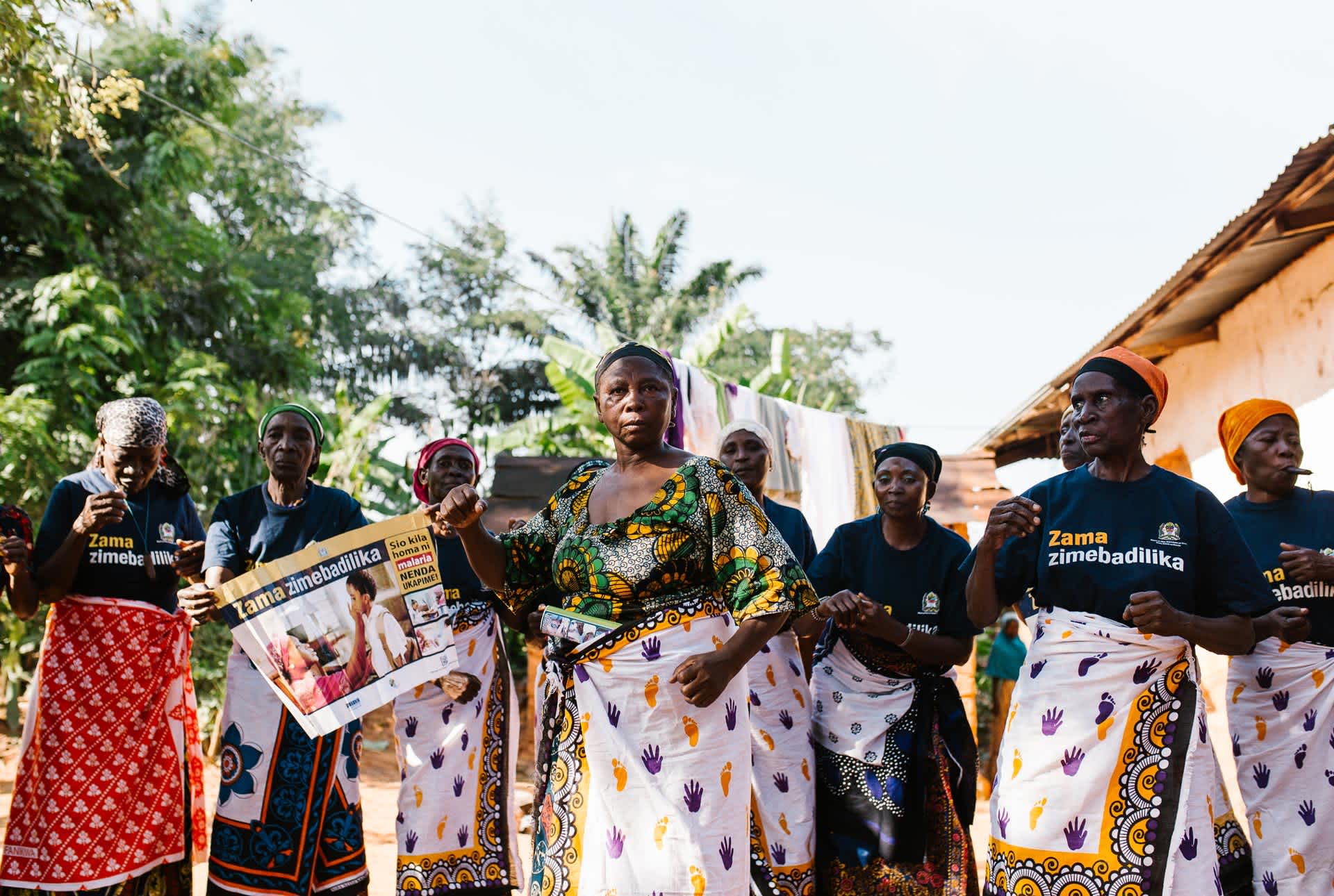
Strengthening surveillance and information systems
Pillar 3
The problem
A lack of high-quality medical data collected at local and national levels. The number of people diagnosed with malaria. Their age, sex, and occupation. Their location. Their symptoms. And any other health issues. All of which could be aggregated and used by health providers and policy makers to make rigorous, evidence-informed decisions to reduce the spread of malaria and improve peoples’ health.

The solution
We supported organisations to improve the quality of data collection and analysis, which enabled health services to allocate resources to the right people in the right place at the right time. This approach has helped health workers track, treat, and prevent the further spread of malaria and other deadly diseases. This allowed organisations to respond quickly to COVID-19. They were better able to distinguish between malaria and COVID-19 and direct patients to the right care and treatment.

2,200+ health service providers supported to collect more accurate, timely and complete data.

1,000+ health providers improving the way they use data to strengthen health systems.
